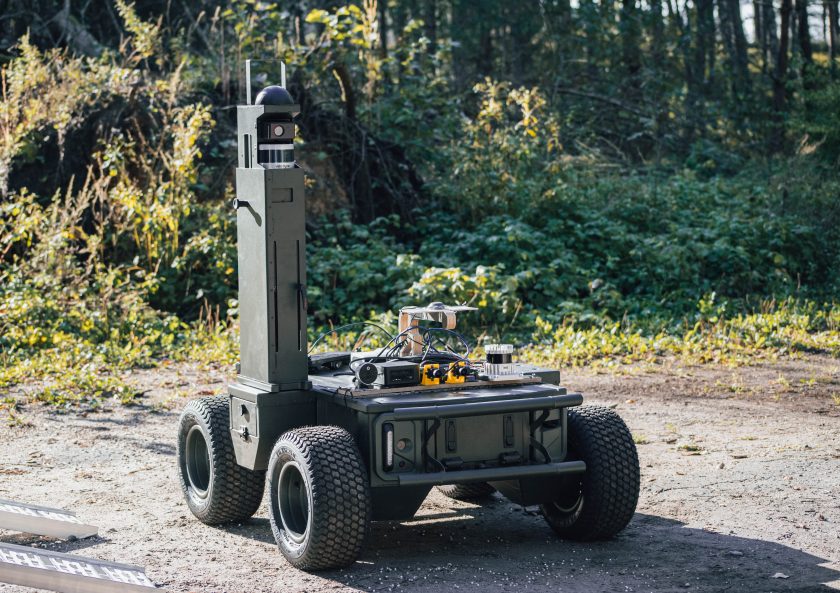
In structured environments – in factories on conveyors, in logistics centres and warehouses, on construction sites – robots have been part of the job for decades. In these environments, situations are predictable. It is much more difficult when the environment is dynamic, changing and unknown, such as forests, swamps, fields. A team of Latvian scientists has developed an autonomous cognitive perception system that will allow robots to independently plan their actions and navigate even in such complex, unstructured environments.
When it comes to tasks that are dangerous or unpleasant for humans, outsourcing these tasks to robots is an increasingly popular solution. For decades, stationary robots have been widely used in structured environments, such as conveyors in factories, where situations are predictable, the movements the robot needs to make are known and where all the dangerous obstacles are. Such robot involvement in production processes significantly improves a company’s performance.
As technology advances, experts are working to make robots able to navigate and plan their actions not only in pre-programmed environments, but also in dynamically changing and unknown environments and in unpredictable situations. This requires the deployment of sensors on the robot that can be used to construct and continuously update a spatial model of the environment. In the industry, this model is called a semantic map and, in the case of mobile robots, it must be three-dimensional. This map can be used by the robot’s “brain” to understand, during the execution of tasks, where objects are that should be handled, and to plan routes around various obstacles, including perceived obstacles.
This type of environmental scanning involves the use of multiple sensors, which brings with it various challenges, from processing the data collected by the video camera using neural networks, to proving the mathematical theorems needed to calibrate the accelerometers.
Full story: https://www.delfi.lv/campus/56036808/tehnologijas/120046833/latvijas-zinatnieki-rada-tehnologiju-lai-roboti-autonomi-spetu-orienteties-sarezgita-vide